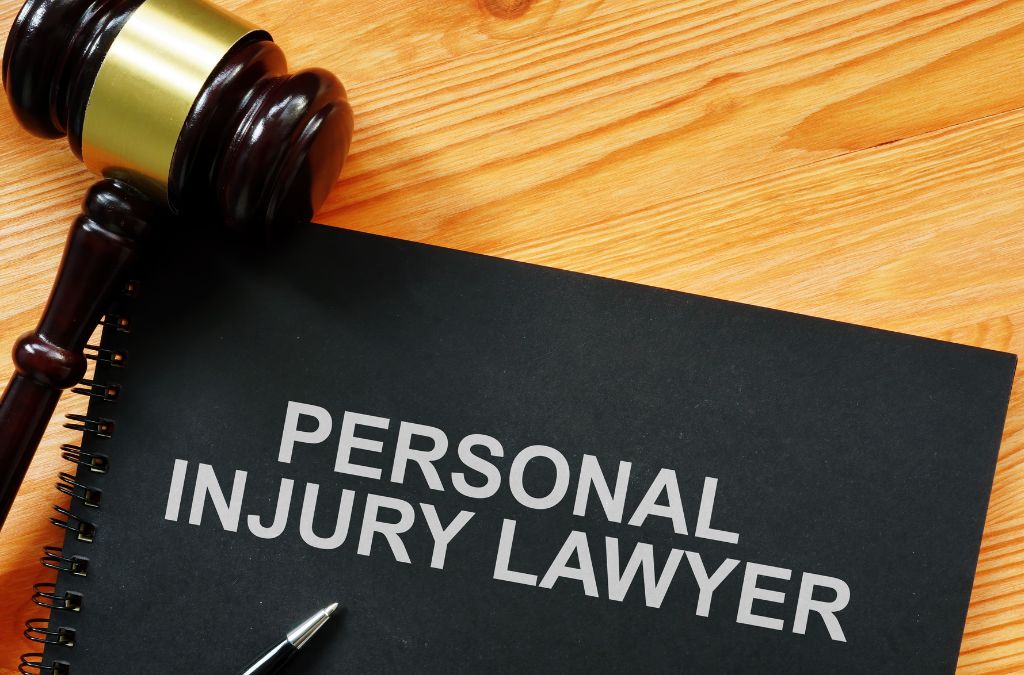
-
Table of Contents
- Top Strategies for Hiring a Personal Injury Lawyer: What You Need to Know
- Understanding the Role of a Personal Injury Lawyer
- Research and Referrals
- Online Reviews and Testimonials
- Experience and Expertise
- Specialization
- Initial Consultation
- Assessing Communication Skills
- Fee Structure
- Contingency Fees
- Track Record and Success Rate
- Case Studies
- Client-Lawyer Relationship
- Personal Compatibility
- Availability and Accessibility
- Response Time
- Professional Reputation
- Bar Association Memberships
- Conclusion
Top Strategies for Hiring a Personal Injury Lawyer: What You Need to Know
When faced with a personal injury case, finding the right lawyer can make a significant difference in the outcome. This article explores effective strategies for hiring a personal injury lawyer, providing valuable insights to help you make an informed decision.
Understanding the Role of a Personal Injury Lawyer
A personal injury lawyer specializes in representing clients who have been injured due to the negligence or wrongdoing of others. Their primary goal is to secure compensation for medical expenses, lost wages, and other damages. Understanding their role is the first step in selecting the right professional for your case.
Research and Referrals
Begin your search by conducting thorough research. Look for lawyers with a strong track record in personal injury cases. Referrals from friends, family, or colleagues can also be invaluable. Personal recommendations often provide insights into a lawyer’s competence and reliability.
Online Reviews and Testimonials
Online reviews and testimonials can offer additional perspectives. Websites like Avvo, Martindale-Hubbell, and Google Reviews provide ratings and feedback from previous clients. Pay attention to both positive and negative reviews to get a balanced view.
Experience and Expertise
Experience is a key factor when choosing a personal injury lawyer. Look for professionals who have handled cases similar to yours. An experienced lawyer is more likely to navigate the complexities of your case effectively.
Specialization
Specialization within personal injury law can be a significant advantage. Some lawyers focus on specific types of cases, such as car accidents, medical malpractice, or workplace injuries. Choosing a lawyer with expertise in your specific type of injury can enhance your chances of a favorable outcome.
Initial Consultation
Most personal injury lawyers offer a free initial consultation. Use this opportunity to assess their suitability for your case. Prepare a list of questions to ask during the consultation, such as:
- What is your experience with cases like mine?
- What is your success rate?
- How do you communicate with clients?
- What are your fees and payment structure?
Assessing Communication Skills
Effective communication is crucial in a lawyer-client relationship. During the consultation, evaluate how well the lawyer listens to your concerns and explains legal concepts. Clear and open communication can significantly impact the progress of your case.
Fee Structure
Understanding the lawyer’s fee structure is essential. Personal injury lawyers typically work on a contingency fee basis, meaning they only get paid if you win your case. The standard contingency fee ranges from 25% to 40% of the settlement amount. Clarify any additional costs that may arise during the legal process.
Contingency Fees
Contingency fees align the lawyer’s interests with yours, as they are motivated to secure the highest possible settlement. Ensure you understand the percentage they will take and any other potential expenses.
Track Record and Success Rate
A lawyer’s track record and success rate can provide insights into their capabilities. Ask for examples of past cases and their outcomes. A high success rate indicates a lawyer’s proficiency in handling personal injury claims.
Case Studies
Reviewing case studies can offer a deeper understanding of a lawyer’s approach and effectiveness. For instance, a lawyer who successfully secured a substantial settlement for a client with a similar injury can be a promising choice.
Client-Lawyer Relationship
The relationship between you and your lawyer is fundamental to the success of your case. Trust and mutual respect are essential components. Choose a lawyer who makes you feel comfortable and confident in their abilities.
Personal Compatibility
Personal compatibility can influence the dynamics of your case. A lawyer who understands your perspective and communicates empathetically can make the legal process less stressful.
Availability and Accessibility
Availability and accessibility are critical factors. A lawyer who is readily available to answer your questions and provide updates can alleviate anxiety and keep you informed throughout the process.
Response Time
Evaluate the lawyer’s response time during your initial interactions. Prompt responses indicate a lawyer’s commitment to their clients and their ability to manage their caseload effectively.
Professional Reputation
A lawyer’s professional reputation within the legal community can be a strong indicator of their competence. Look for lawyers who are respected by their peers and have received accolades or awards in their field.
Bar Association Memberships
Membership in bar associations and other professional organizations can reflect a lawyer’s dedication to their practice. These memberships often require adherence to high ethical standards and ongoing education.
Conclusion
Choosing the right personal injury lawyer involves careful consideration of various factors, including experience, specialization, communication skills, fee structure, and professional reputation. By conducting thorough research and asking the right questions, you can find a lawyer who will effectively represent your interests and help you achieve a favorable outcome in your personal injury case.